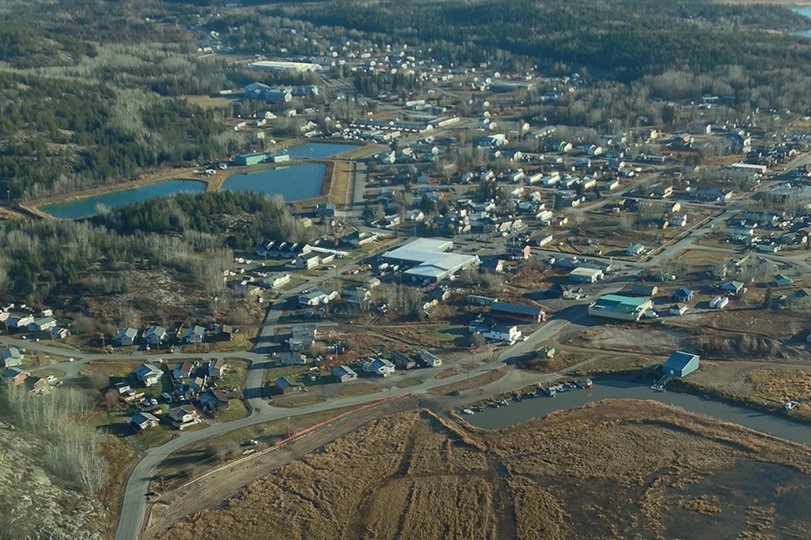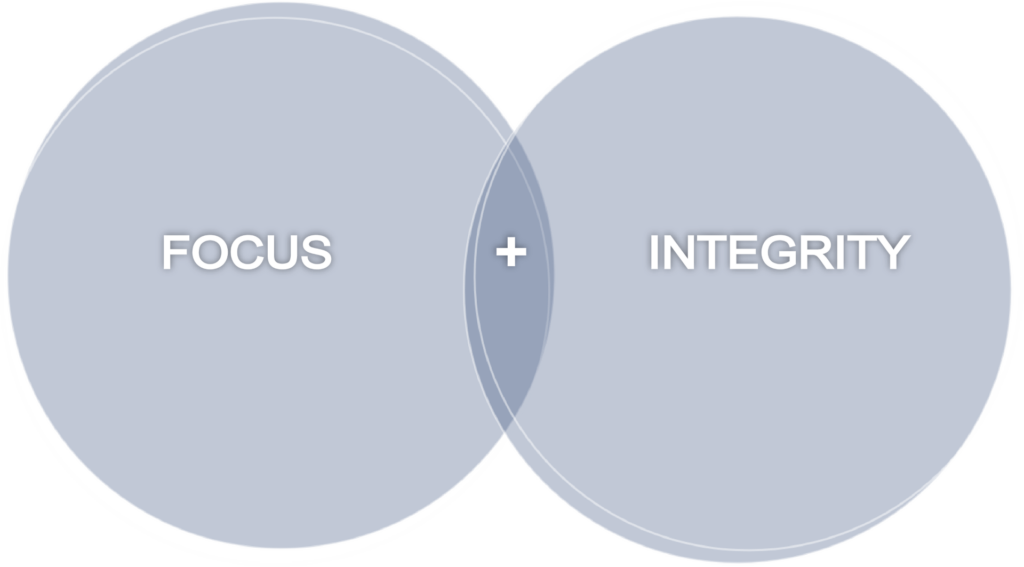

Oral traditions of Indigenous societies contain rich and highly resolved systems of knowledge for understanding the natural landscape, including local features, and fine-scale patterns and changes. The study of this body of knowledge is often referred to as ethnoecology, which can be defined as the interdisciplinary study of how humans perceive, interact with, and manage the natural environment, including plants and animals, soils and forest types, and landforms, among many other aspects. Ethnobotany is a subdiscipline of ethnoecology that focuses on plants.
IEG works with Indigenous communities to design and conduct ethnoecological or focused ethnobotanical research into aspects of communities’ natural environments, including plants, wildlife, and other resources. We specialize in participatory and community engagement-based approaches to facilitate braiding of Indigenous and scientific ways of knowing, and to develop research deliverables that support and communicate community priorities with respect to resource management, land-use planning, reclamation, and conservation. IEG has completed a range of customized ethnoecological research projects ranging from detailed catalogues of traditional plants to documentation of traditional wildlife management practices.

Shay is a leadership professional with over a decade of experience in community engagement and project management. Shay holds a degree in Applied Linguistics from the University of Victoria and brings a strong background in supporting diverse initiatives including working with Indigenous communities across Canada, to provide training in audio recording techniques, data collection, and archiving. Shay is excited to join the IEG team and leverage her extensive experience in program and project management.